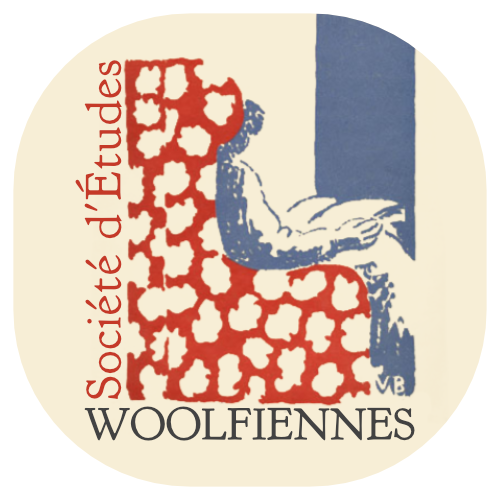Monica Latham – Rewriting Mrs Dalloway
After meticulously tracing the genesis of Woolf’s most iconic novel so as to examine the production of Woolf’s idiosyncratic Dalloway-esque signature, A Poetics of Postmodernism and Neomodernism sets out to explore its reproduction by a variety of postmodernist and neomodernist Anglo-American writers who are either openly indebted to Woolf’s novel or covertly influenced by it.
